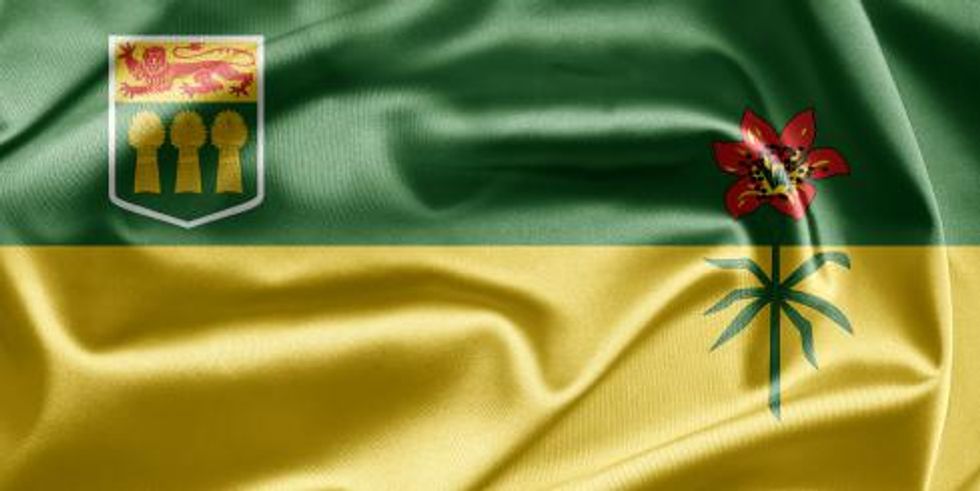A new study criticizes Saskatchewan’s potash tax system, noting that it limits the province’s ability to perform against international competitors. Saskatchewan is responsible for producing 30 percent of the world’s potash and the fertilizer is the backbone of government revenue in the province.
A University of Calgary professor has published a study that criticizes the Saskatchewan potash industry, calling it inefficient and a hindrance to the province’s revenue.
The report, published by the University of Calgary’s School of Public Policy and written by Duanjie Chen and Professor Jack Mintz, the school’s chair, states that the current tax system in place in the prairie province is imbalanced.
It compares the tax royalty systems in place in both New Brunswick and Saskatchewan to potash-producing regions across the world. It notes that New Brunswick’s system is marginally better, but when Saskatchewan’s is compared those of international competitors — such as China, Germany, Russia and the US — it ranks as the most complex, most inefficient and least competitive.
The revenue system in place was reworked in 2002 under the then New Democratic Party government, which was looking to kickstart a dwindling potash market characterized by low prices. For those operating in 2001 and 2002, the maximum taxable amount equates to their average sales in those years; however, firms that started operating post-2002 can be taxed on a maximum of 75 percent of their sales.
“There’s a different treatment for companies post-2002 and pre-2002,” said Mintz. “You get this anomaly of differential tax burdens depending on when you existed. And that’s not a level playing field.”
The report notes that the main issue of the tax system is that a base payment of the potash tax results in virtually zero revenue by providing credit for a revenue-based royalty and an additional 1-percent resource tax credit that’s based on revenue.
Saskatchewan is responsible for producing 30 percent of the world’s potash and the fertilizer is the backbone of government revenue in the province.
The report also states that incentives for investment can go as high as 120 percent, meaning the government is losing out on revenue. It suggests changing Saskatchewan’s tax policy into a better rent levy system to help stimulate and grow revenue streams.
Saskatchewan Premier Brad Wall came out last week refuting some of the report’s figures, stating that they are based on incomplete information, but did say the province’s royalty system could benefit from simplification.
Mintz has defended the report’s calculations and said he’s happy to see the premier come out to discuss the report.
“Let the government put out their numbers,” he said. “They should be more transparent and very clear how much they do collect from the industry because after all, the people of Saskatchewan own the resource.”
A redesigned tax royalty system could impact major potash miners such as PotashCorp (TSX:POT), which has operated in Saskatchewan since 1975, as well as Mosaic (NYSE:MOS) and Agrium (TSX:AGU,NYSE:AGU). Juniors operating in the province include Western Potash (TSX:WPX), Encanto Potash (TSXV:EPO) and Karnalyte Resources (TSX:KRN). Though of course they are not yet producing, a taxation change could be a consideration for them moving forward.
Securities Disclosure: I, Nick Wells, hold no direct investment in any of the companies mentioned in this article.
